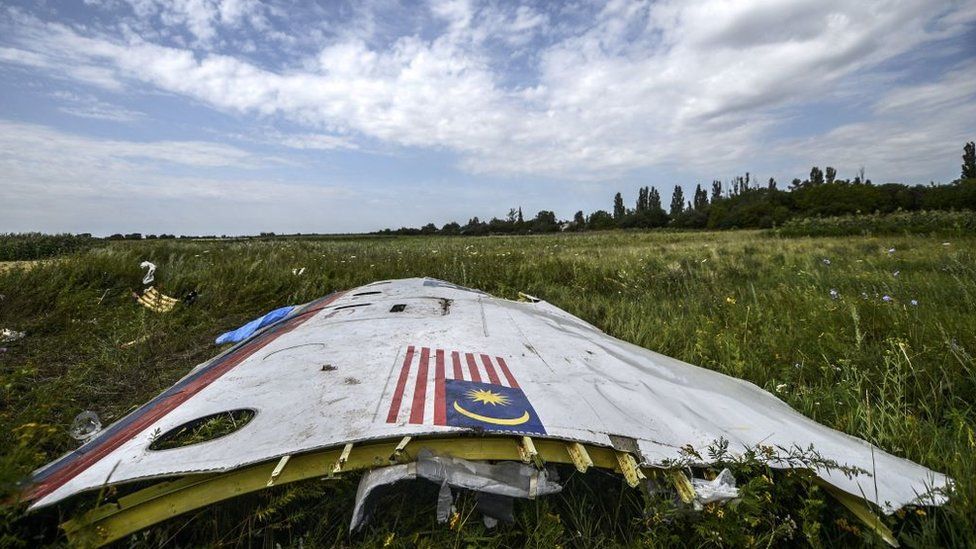-

-
-
Loading

Loading

The top court of the United Nations, the International Court of Justice (ICJ), has made a ruling stating that Russia violated two international treaties in their actions towards Ukraine. However, the court rejected other claims made by Ukraine and did not order the compensation that Kyiv requested. The cases being examined by the court pertain to the conflict that erupted in Ukraine in 2014. Specifically, the ICJ determined that Russia had infringed treaties related to combating terrorism and discrimination. It is important to note that the judges did not pass a specific judgment regarding the allegations that Russia funded the individuals responsible for shooting down Malaysia Airlines Flight MH17. This tragic incident occurred on the 17th of July 2014, leading to the deaths of all 298 people on board. The court stated that under the anti-terrorism treaty, only allegations linked to terrorism financing could be considered, while other claims related to the supply of weapons, including the surface-to-air rocket used to down the passenger jet, were excluded. Another development in this case occurred in 2022 when a Dutch court ruled that a Russian-controlled group was responsible for the downing of the plane. Two Russians and one Ukrainian citizen were found guilty of committing a war crime. Hans de Borst, who lost his 17-year-old daughter Elsemiek in the incident, expressed his disappointment with Russia's arguments and its attempt to justify its actions. Regarding allegations of terrorism funding in Ukraine, the ICJ found that Russia had violated the 1999 International Convention for the Suppression of the Financing of Terrorism by neglecting to investigate individuals accused of funding pro-Russian separatist groups in eastern Ukraine. As a result, the judges ordered Russia to conduct investigations into plausible terrorism funding claims in Ukraine based on the treaty. Additionally, the ICJ declared that limiting school classes conducted in the Ukrainian language in Crimea, which was illegally annexed by Russia in March 2014, was a breach of the 1969 International Convention on the Elimination of Racial Discrimination. This particular ruling dismissed Ukraine's complaints regarding Russia's alleged attempts to erase the culture of the ethnic Tatar minority in Crimea, which included the ban on the Mejlis, a representative body for Crimean Tatars. The court stated that Ukraine did not sufficiently prove that the ban on the Mejlis exemplified racial discrimination. However, it is noteworthy that the ICJ had previously ordered Russia to lift this ban in 2017, a ruling that Moscow chose to disregard. Consequently, the court found Russia to be in violation of this earlier order and stated that they had also violated a previous ruling that advised against escalating tensions with Ukraine through a large-scale war. Anton Korynevych, one of the leaders of the Ukrainian legal team, expressed the significance of the ICJ's ruling as it acknowledges that Russia violated international law under the relevant conventions presented by Ukraine. During the announcement of the ruling, most of the seats on the Russian side were empty, with only a diplomat and a member of the Russian legal team present. In contrast, the Ukrainian side was fully occupied. Next, the court is set to issue another ruling on a case brought by Ukraine, this time accusing Russia of incorrectly invoking the 1948 Genocide Convention to justify its full-scale invasion in 2022. It is important to understand that while ICJ rulings hold legal binding force, the court itself does not possess the authority to enforce them.